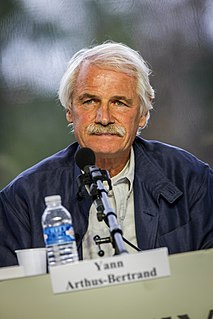A Quote by Muhammad Yunus
The developing world is full of entrepreneurs and visionaries, who with access to education, equity and credit would play a key role in developing the economic situations in their countries.
Related Quotes
As the photographer, it's challenging to make images that read quickly and are powerful, but have enough humanity and compassion. I've worked on these issues in the developing world because that's where the risk to girl's safety and access to education is the highest. But that doesn't mean that we don't have issues in the U.S. or western countries. For me, I focused on the developing world because it felt like the issue was more urgent there.
Exporters monitor economic and political policies to the developing world, but the consequences of that have been to make developing countries far more sensitive to the constant fluctuations. Developing countries are not always allowed to support their farmers in the same way as the U.S. or Europe is. They're not allowed to have tariff barriers. They're forced, more or less, to shrink their social programs. The very poorest people have fewer and fewer entitlements. The consequence of this has been that there's been a chronic increase in the vulnerability of those economies to price shocks.
A decade ago, critics suggested biotech crops would not be valuable in the developing world. Now 90 percent of farmers who benefit are resource-poor farmers in developing countries. These helped alleviate 7.7 million subsistence farmers in China, India, South Africa, the Philippines from abject poverty.
Education makes us the human beings we are. It has major impacts on economic development, on social equity, gender equity. In all kinds of ways, our lives are transformed by education and security. Even if it had not one iota of effect [on] security, it would still remain in my judgment the biggest priority in the world.



































